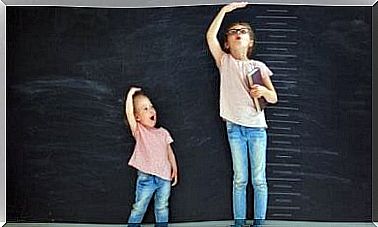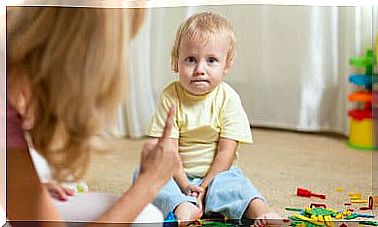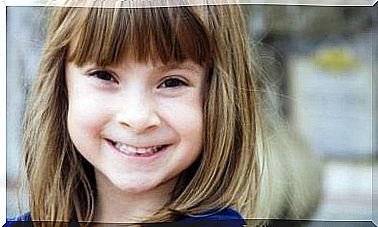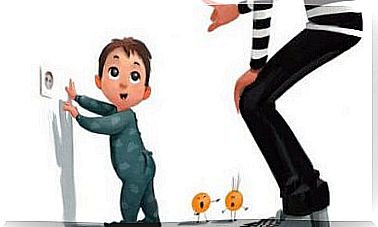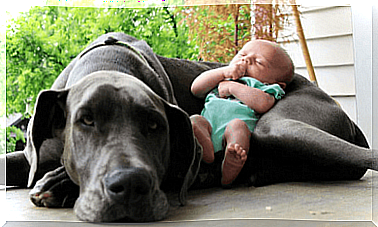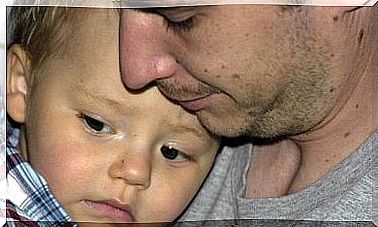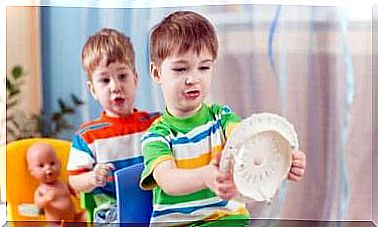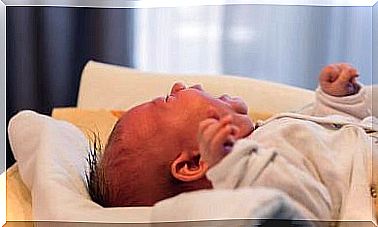7 Signs Of Insomnia In Children
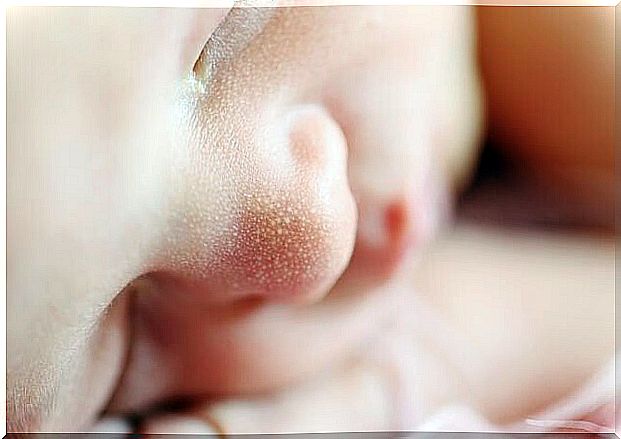
The signs of sleep disorders in children often begin in the first few months of life and can vary in severity.
Around 30% of children suffer from sleep problems sooner or later. But there are various treatment options for this. However, it is important to recognize the problem in good time.
How much sleep does a child need?
In the first month of life
Babies sleep between 14 and 17 hours a day. You are usually awake for between one and three hours and then go back to sleep.
The habit of sleeping at night is not yet present at this stage of development. That is why sleeping and waking phases alternate during the day and night.
In the first 4 months
During this time, too, babies need between 14 and 17 hours of sleep, but the sleep phases gradually regulate themselves. There is already a routine in place, but the little ones still wake up at night when they are hungry or have other needs.
In the first year
Gradually, the need for sleep is reduced to 14 to 15 hours, which are divided between day and night. At this stage it is important to establish healthy sleeping habits, especially at night.
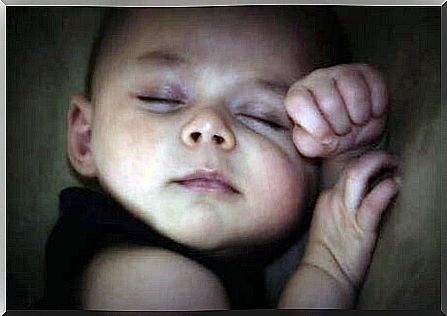
In the first three years
At this age, children need between 12 and 14 hours of sleep. You should be able to sleep undisturbed all night and take a nap in the morning and after lunch.
Between the ages of 3 and 6 years
With kindergarten and school, sleep habits are also changing. In addition to sleeping at night, children should take a nap in order to get a total of around 11 to 12 hours of sleep per day.
Between 7 and 12 years
9 to 10 hours of sleep are sufficient at this age. School life usually no longer allows for naps.
From the age of 13 and throughout adolescence, 8 to 10 hours of sleep are theoretically sufficient to maintain optimal health. However, adolescents often sleep no longer than 6 to 8 hours.
Signs of insomnia in children
1. Drowsiness during the day
This symptom of insomnia is very common in both children and adults. Constant tiredness and lack of energy prevent you from being able to complete everyday tasks satisfactorily.
Drowsiness can also be a sign of sleep apnea, narcolepsy, or restless legs.
2. Difficulty falling asleep
If your child complains frequently that they cannot fall asleep or that it is taking a long time to sleep, it could be a sleep disorder.
Causes can be stress, pain or nervousness. Get a medical exam for your child to investigate the causes.
3. Snoring
Often times, snoring is caused by the vibrations of the nasal passages and is harmless. But it could also be a sign of insomnia.
This can happen if the breathing system is blocked. Or it could also be sleep apnea. Get your child checked out if you have any doubts.
4. Nightmares
Many children see frightening images in a dream, through which they wake up and then can no longer fall asleep.
Most of the time, nightmares start at around three in the morning. They can cause insomnia, so it’s best to seek advice from a doctor if this happens frequently.
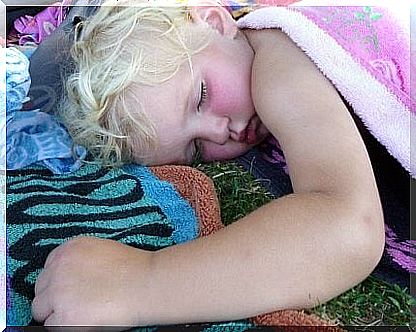
5. Night terrors
This harmless sleep disorder is also known as pavor nocturnus. In contrast to nightmares, the child does not wake up completely. The dream isn’t as terrifying as a nightmare either.
But the child suddenly wakes up and sits sweaty and maybe screaming in bed, it breathes quickly, but does not recognize the parents. Because the child does not wake up properly.
It won’t be able to remember anything the next day. It is a common sleep disorder in children and one that is usually of great concern to parents. But night terrors are not behavioral problems and not a cause for concern.
6. Sleepwalking
Children between 3 and 7 in particular often wander around the house asleep. You can keep your eyes open and speak incomprehensible words.
The nocturnal walk usually takes between 5 and 15 minutes. The parents should make sure that the child can get back to bed unharmed.
7. Enuresis
Involuntary wetting or bed wetting is also known as enuresis in technical terms. Causes can be physical or emotional in nature.
For example, a bladder problem can cause the child to unconsciously empty their bladder while they sleep. But emotional stress could also be the trigger. It could also be a sign of the onset of sleep apnea.
If you discover any signs of insomnia, get your child checked by a doctor to determine the exact reasons.
